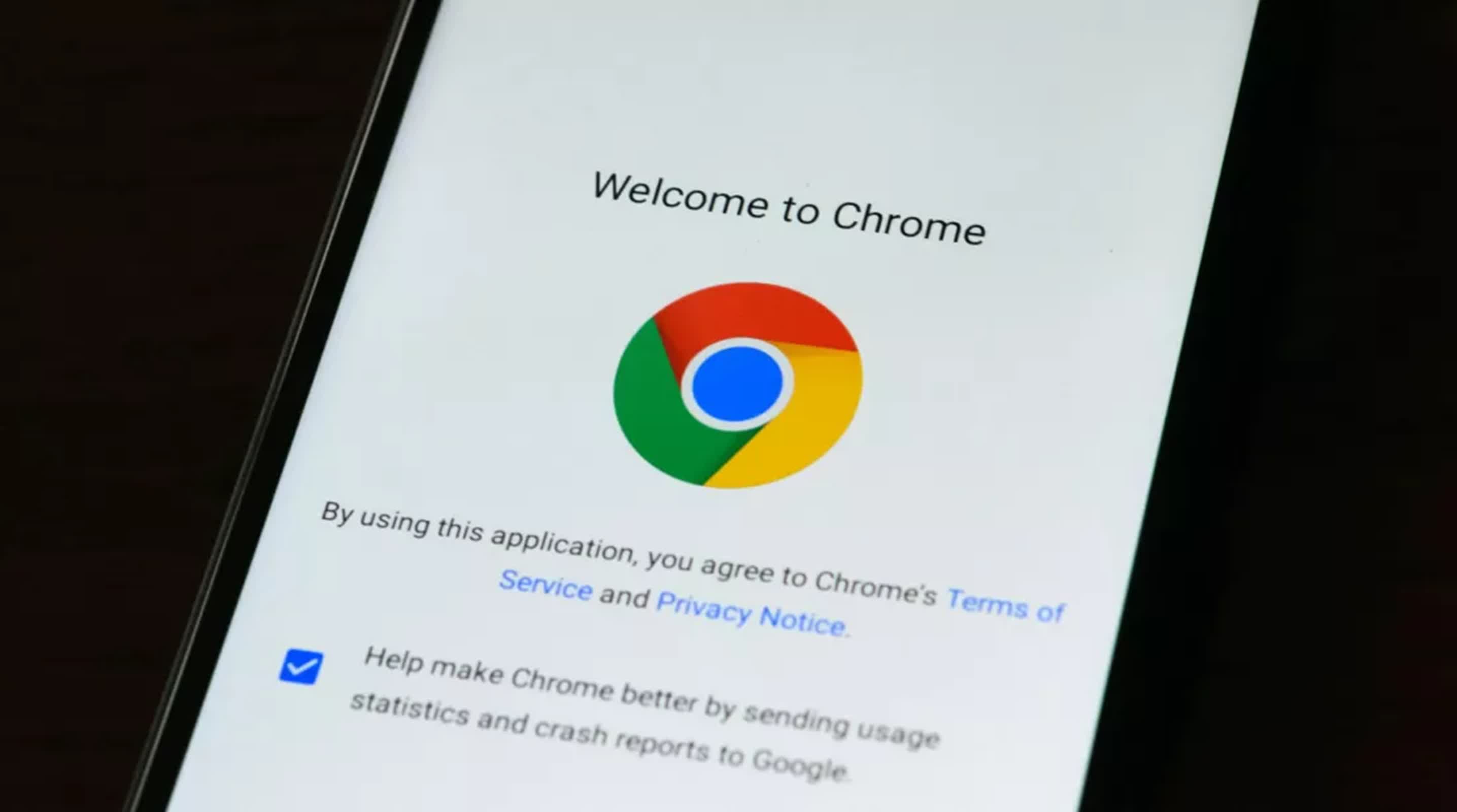What just happened? In a significant reversal that will send ripples through the advertising industry, Google has announced that it will no longer introduce a standalone prompt for third-party cookies in its Chrome browser. The decision marks a dramatic departure from the company's long-standing plan to phase out cookies entirely, a move that has been in waiting for several years now and was closely monitored by regulators, advertisers, and privacy advocates alike.

The announcement, delivered by Anthony Chavez, VPt of Privacy Sandbox at Google, confirmed that Chrome users will continue to manage their third-party cookie preferences through existing privacy and security settings, rather than being presented with a new, explicit prompt.
"We've made the decision to maintain our current approach to offering users third-party cookie choice in Chrome, and will not be rolling out a new standalone prompt for third-party cookies," Chavez wrote in a blog post on April 22.
He emphasized that users can still choose the best option for themselves within Chrome's settings.
This policy shift effectively halts Google's multi-year campaign to eliminate third-party cookies from Chrome, a browser that commands over 60 percent of the global market. The original plan, announced in 2020, aimed to bring Chrome in line with competitors like Firefox and Safari, which had already blocked third-party cookies by default. Google's approach, however, was more cautious, citing the need to balance user privacy with the economic realities of the ad-supported web.
The company's Privacy Sandbox initiative was intended to develop alternative technologies that would enable targeted advertising while preserving user privacy. These included tools such as the Topics API and various new APIs for ad measurement and fraud prevention.

Despite these efforts, industry feedback revealed deep concerns. Many in ad tech argued that the proposed replacements couldn't match the scalability or real-time processing capabilities of third-party cookies, while publishers worried about revenue loss and the technical complexity of implementing new systems.
Regulatory scrutiny also played a decisive role in Google's change of course. In April 2024, the UK's Competition and Markets Authority (CMA) intervened, requesting a pause in the rollout over concerns that Google's dominance in both browsers and digital advertising could be further entrenched by the proposed changes. The CMA demanded assurances that any new system would not unfairly advantage Google's own ad products.
Meanwhile, privacy advocates and organizations such as the Electronic Frontier Foundation continued to criticize Google's alternatives, arguing they still enabled user tracking and introduced new privacy concerns.
Chavez acknowledged these divergent perspectives in his post, noting ongoing engagement with both industry stakeholders and regulators. While the complete removal of third-party cookies is now off the table, he said the Privacy Sandbox project will continue in a modified form. Google plans to keep developing privacy features – such as IP Protection for Incognito users – and will gather additional feedback before updating its roadmap for future technologies.
Critics responded swiftly. The Movement for an Open Web, a group that had previously challenged Google's plans before the CMA, described the announcement to The Verge as "an admission of defeat."
They argued that Google's attempt to reshape the digital advertising ecosystem in its own favor was ultimately stymied by regulatory and industry resistance.
For now, third-party cookies will remain a fixture in Chrome, leaving the digital advertising industry grappling with the implications.
Google Chrome abandons plans to phase out third-party cookies